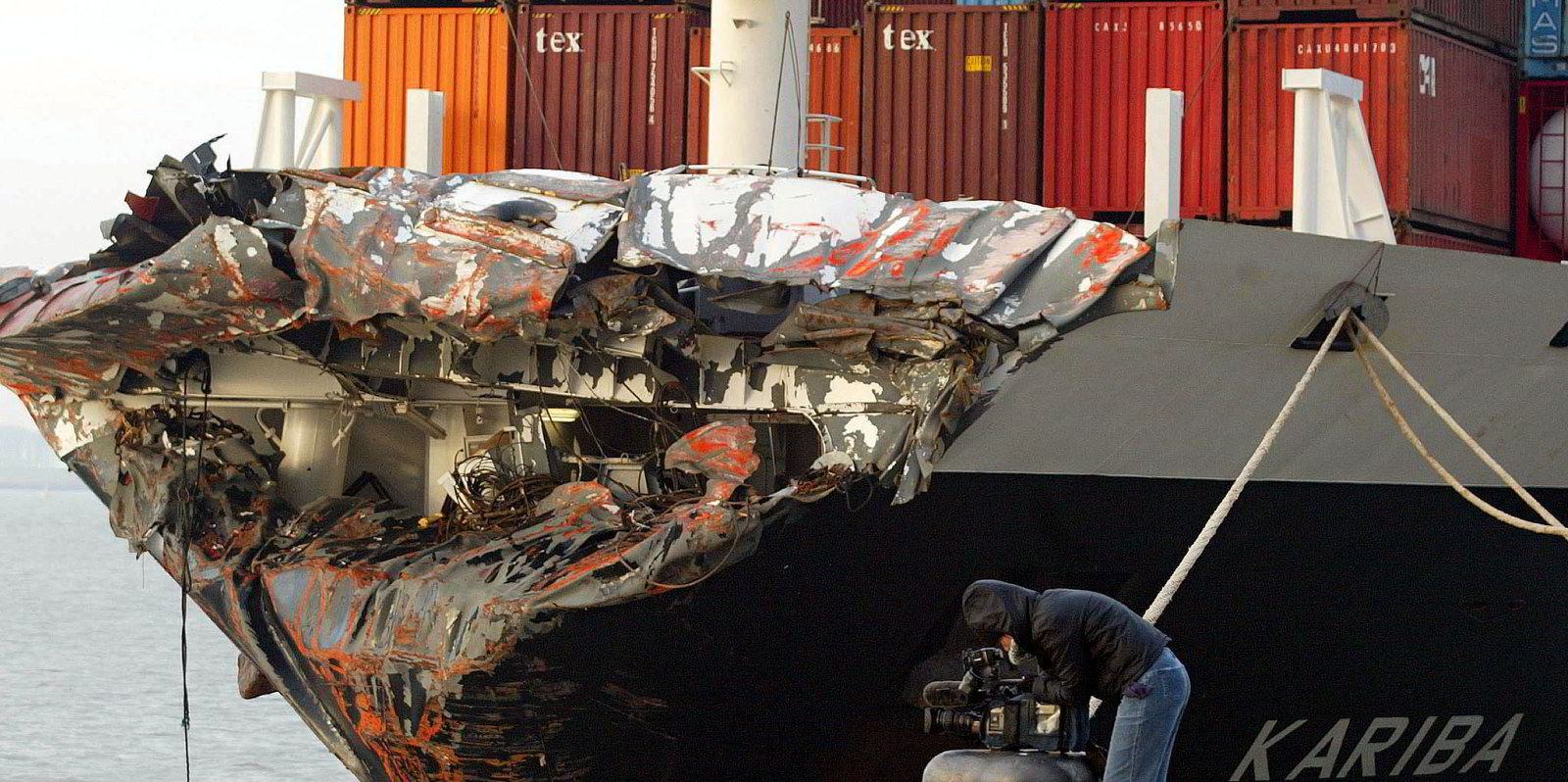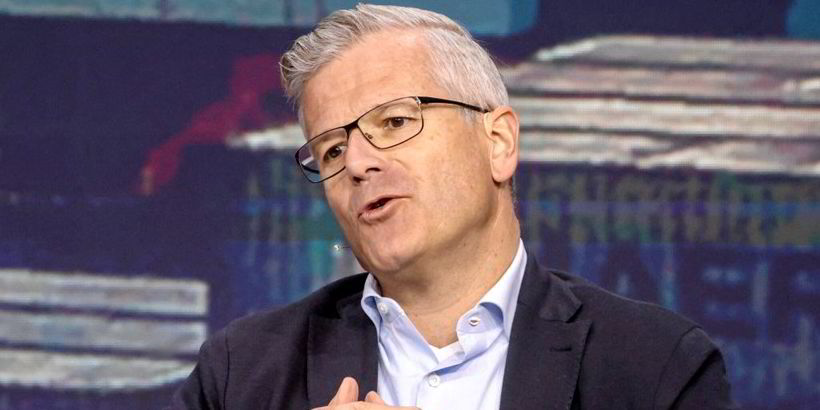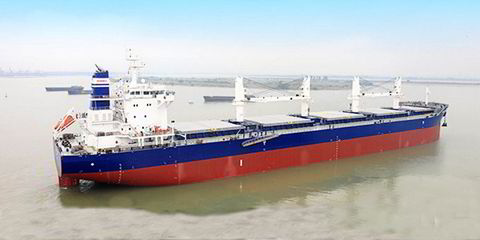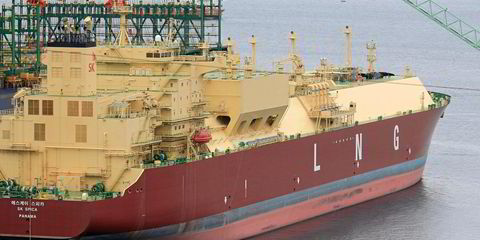The Eisbeinessen — one of European shipping’s biggest get-togethers — will draw a big crowd in Hamburg this week.
Much of the talk at the event will be about the dramatic downturn in container ship markets.
There is a risk that this might cause some to choke on their pork knuckle, sausages and sauerkraut.
While Germany remains one of the leading centres for chartering container ships, some owners will be looking ahead and asking what there is to celebrate.
Pity the poor tonnage provider, they will say.
There is no doubt that the carriers to whom they charter their ships are struggling too.
Next year could be “dire”, as AP Moller-Maersk chief executive Vincent Clerc put it.
But at least liner operators have the power to take matters into their own hands to turn things around.
By blanking and suspending services, container operators have been able in the past to curtail capacity and reverse market declines.
That looks more difficult in this downturn, as carriers appear more intent on a battle for market share.
Why else would liner operators continue to crack on with record-breaking numbers of orders at a time when the market is going into another downturn?
The need for eco ships is probably a driving force.
But the pace with which container ships are being ordered looks sure to condemn carriers to several years of overcapacity.
There is also still little sign of scrapping occurring on the scale needed to counteract the delivery programme over the coming years.
If you think that’s bad...
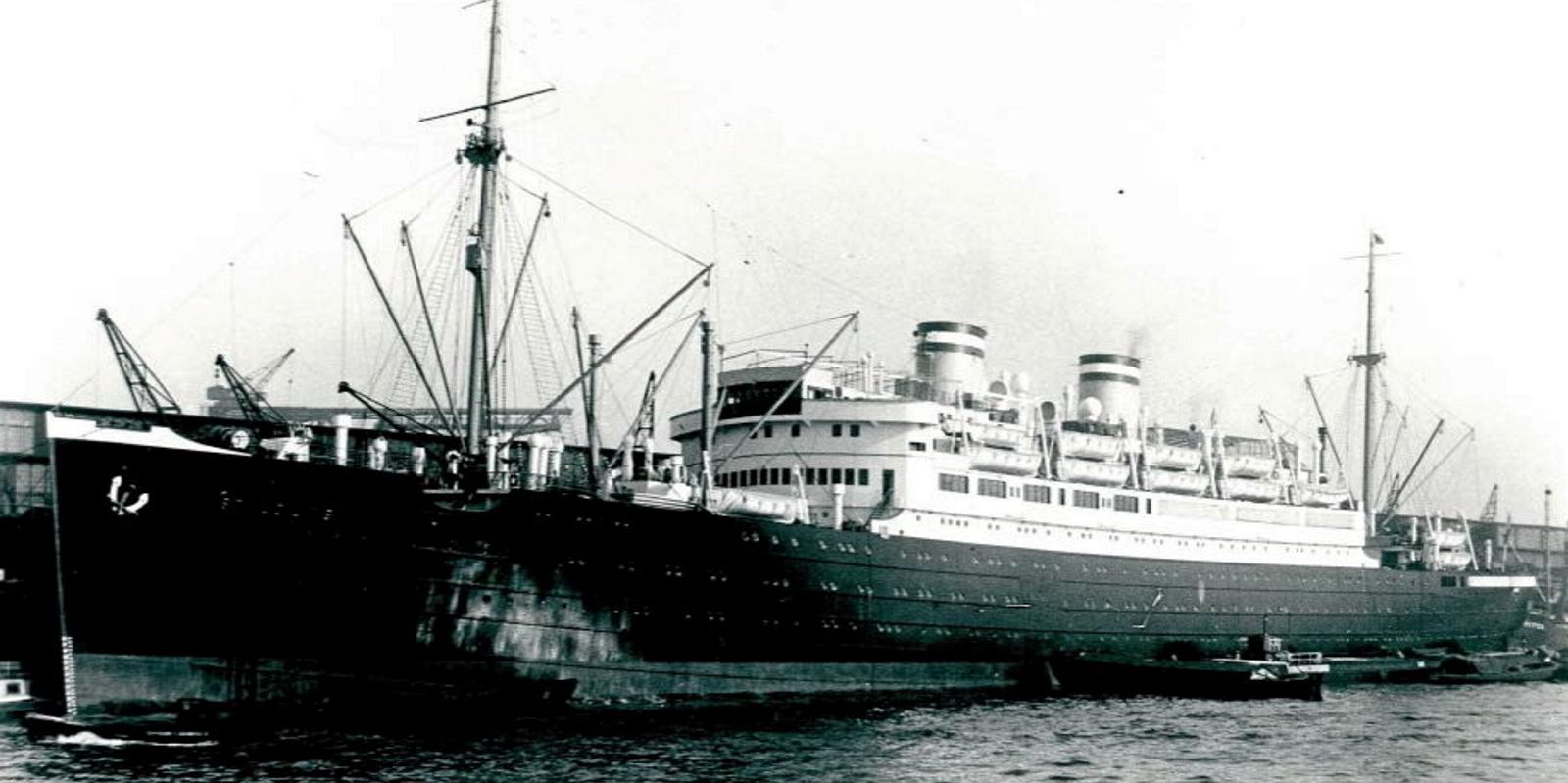
If the outlook is bad for liner operators, then it is surely worse for tonnage providers.
The Covid-19 pandemic led to the biggest sell-off of secondhand container vessels in modern history, as tonnage providers cashed in on asset prices.
Liner operators used the massive windfall they earned throughout the pandemic to massively build up their owned fleet.
Now tonnage providers are reaping what they sowed when they cashed in on ship sales.
Liner giant MSC Mediterranean Shipping Company has bought more than 300 secondhand ships in the past three years that it might formally have chartered.
The massive shopping spree adopted by MSC and other carriers means their need for chartered ships is much smaller than it used to be.
Liner operators are less dependent on tonnage providers for their fleet requirements due to a higher proportion of owned tonnage.
Indigestion?
It is all incredibly bad news for tonnage providers, for whom the Eisbein is likely to induce a severe case of indigestion.
It comes at a time when container trade growth is slowing down, even as the global economy continues to grow.
And the hardest hit will be the small-to-medium owner that is traditionally found in German shipping circles.
Some hoped that new environmental legislation would fuel demand, but even that is no longer a given.
There are signs that some liners are preparing for the European Union’s Emissions Trading System by prioritising cargoes for new green services using their own eco fleets. That could reduce demand for the smaller, standard feeder types.
In the longer term, the container market will eventually recover. But like every downturn in the shipping cycle, the market will get much worse before it improves.
Many recognise that and are getting out of containers completely or are investing in other segments — anything but containers seems to be the cry.
Their pessimism is borne out of predictions that the downturn will continue for at least two or three more years.
The decline is reflected in the BOXi index, which has dropped 25% in the second half of the year to below the 100 threshold.
Recycling reprieve?
The index could correct to around 70 points in the second quarter of 2025, due to the “staggeringly challenging orderbook and weaker-than-trend demand expectation”, according to a quarterly review by shipbroker Braemar.
Thereafter, an acceleration of demolition should allow for a recovery in earnings in the second half of 2025.
For most owners, 2025 still seems like a long way off.
So if you own container ships, enjoy the Eisbein — but prepare for the hangover.

